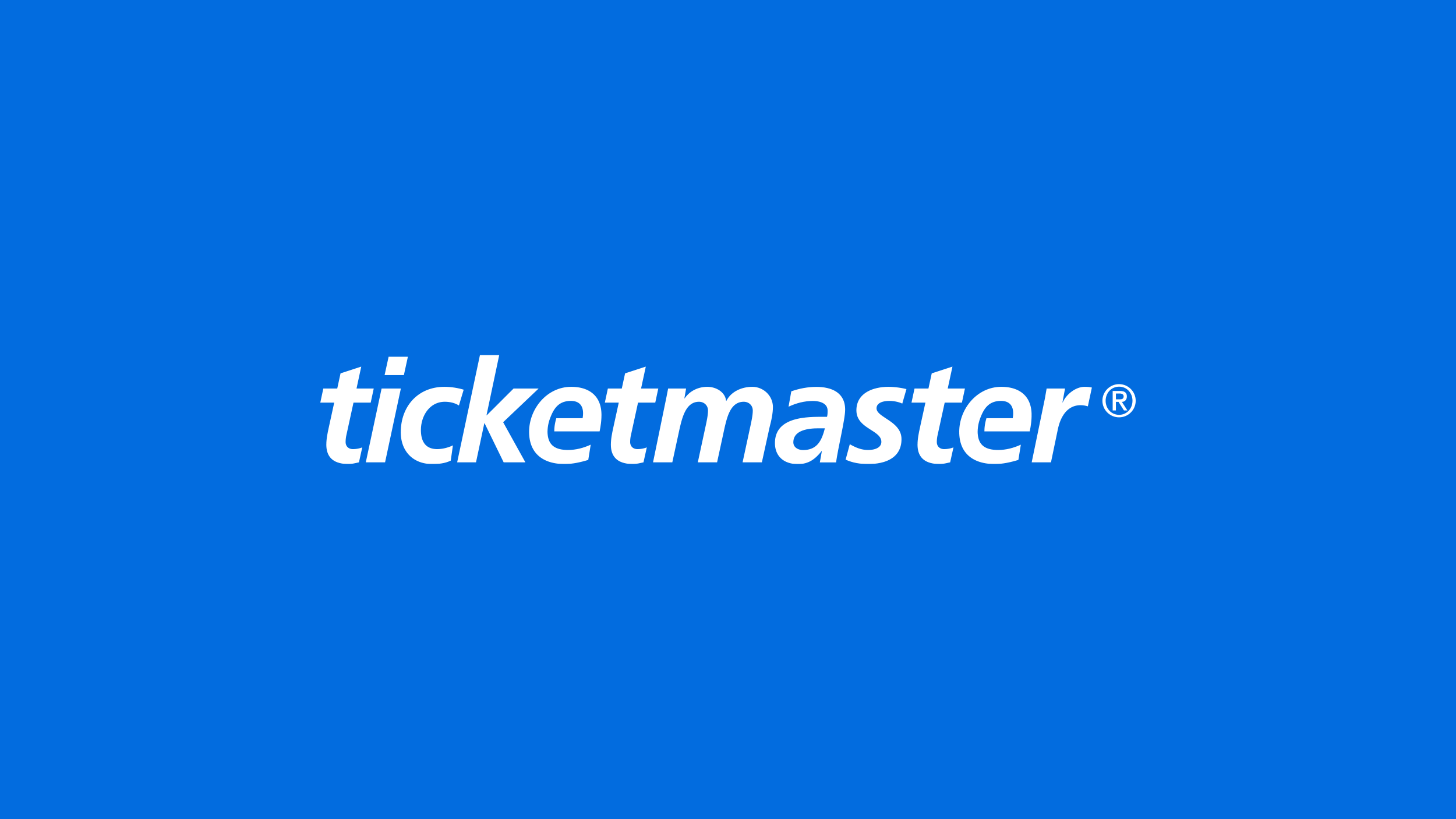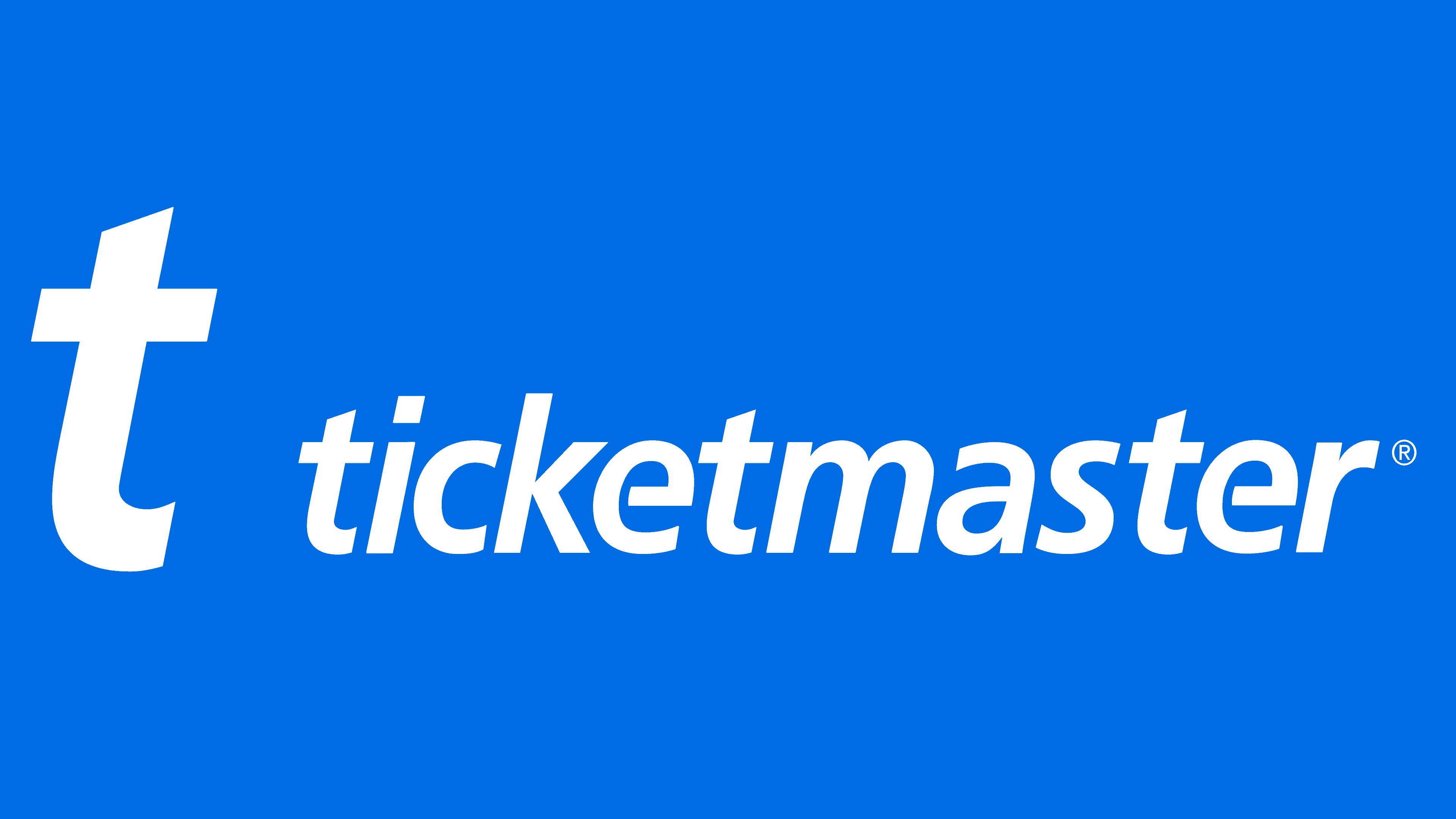Ticketmaster: The Gatekeeper of Live Entertainment
What's up, music lovers and event enthusiasts? If you've ever dreamt of witnessing your favorite artists live or experiencing unforgettable sporting matches, you know the power of a ticket. And when it comes to ticket sales, one name reigns supreme: Ticketmaster. This behemoth of the live event industry has been shaping the concert and sports landscape for decades, so let's dive into its world and illuminate its impact on entertainment.
The Ticketmaster Empire
Ticketmaster's journey began in 1976, when it was founded by two industry insiders, Peter Gadol and Albert Leffler. Fast forward to the digital age, and the company's reach has exploded. In 2010, Live Nation Entertainment acquired Ticketmaster, creating a formidable entertainment conglomerate. Today, Ticketmaster is the leading provider of ticketing services for over 30,000 venues worldwide, facilitating billions of ticket sales annually.
Pros of Ticketing with Ticketmaster
There's no denying Ticketmaster's ubiquity in the live entertainment sphere. But why has it become such a dominant force? Let's explore the perks:
Convenience:
Ticketmaster offers a seamless ticketing experience through its user-friendly website and mobile app. You can browse events, select seats, and purchase tickets with just a few clicks. Plus, you have access to interactive venue maps to find the perfect spot.
Variety and Availability:
With its vast network of venues and events, Ticketmaster provides access to a wide range of live experiences. Whether you're a fan of rock, pop, EDM, or sports, you're likely to find an event that tickles your fancy. And with its dynamic ticketing system, you can often snag tickets even when they're initially sold out.
Secure Transactions:
Ticketmaster utilizes advanced security measures to protect your personal and financial information during transactions. Its platform is PCI-compliant, ensuring that your data remains safe from cyber threats.
Cons of Using Ticketmaster
While Ticketmaster offers undeniable convenience, some criticisms have dogged its operations:
Service Fees:
One of the biggest complaints about Ticketmaster is its hefty service fees. These additional charges can add up significantly, especially for premium seats. Critics argue that these fees inflate ticket prices, making live entertainment less accessible for some fans.
Limited Competition:
Ticketmaster's dominance in the industry has raised concerns about limited competition. Critics argue that the lack of alternative ticketing platforms can result in higher prices and less consumer choice.
Scalping and Reselling:
Ticketmaster has faced criticism for enabling scalpers who purchase tickets in bulk and resell them at inflated prices. This practice can make it difficult for genuine fans to secure tickets at reasonable prices.
| Ticket Price | Service Fee |
|---|---|
| $25-$50 | $6-$8 |
| $51-$100 | $8-$10 |
| $101-$200 | $12-$14 |
| $201-$500 | $14-$16 |
| $501+ | $20-$22 |
Ticketing Alternatives to Ticketmaster
Despite Ticketmaster's dominance, there are alternative ticketing platforms that offer unique benefits:
AXS:
AXS is a direct competitor to Ticketmaster, offering a wide range of live events. It is known for its user-friendly interface and competitive service fees.
SeatGeek:
SeatGeek is another popular ticketing platform that prides itself on transparency and fairness. It uses a "True Market" pricing model, which adjusts ticket prices based on demand.
Venue Websites:
Some venues offer direct ticket sales through their own websites. This can be a great option for avoiding service fees and supporting local businesses.
The Future of Ticketing
As the entertainment industry evolves, we can expect new and innovative approaches to ticketing. Blockchain technology and dynamic pricing are just a few of the trends that could disrupt the current ticketing landscape. Ticketmaster will undoubtedly play a role in shaping this future, leveraging its vast data and resources to create even more engaging and efficient ticketing experiences.
Conclusion
Ticketmaster's grip on the live entertainment industry is undeniable. While it offers convenience and a vast selection of events, its service fees and limited competition have drawn criticism. As alternative ticketing platforms emerge and technological advancements reshape the industry, Ticketmaster will need to adapt to remain the gatekeeper of live entertainment in the digital age.




